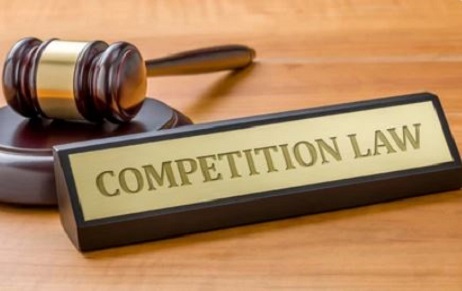ABSTRACT Enforcement of an Effective Cartel can yield a tangible reduction in prices as well…
The Take of Supreme Court over Abuses, Falsehoods on Social Media
With a view to express opinion, belief and thought, every citizen of India is bestowed with the right of freedom of speech and expression guaranteed under Article 19 of the Indian Constitution. This right has been most distinguished in the matters where citizens have been able to raise voice against the unjust, express ideas freely and expose the discriminatory and corrupt practices of the government which nothing but intends to deceive people with malice and fraudulent practices. Running parallel are also the reasonable restrictions which can be imposed upon the citizens to protect the sovereignty and integrity of India, the security of the State, friendly relations with foreign States, public order, decency or morality or in relation to contempt of court, defamation or incitement to an offence.
Recently, there has been an expressed concern over abusive and derogatory comments on social media as uncharitable comments, trolls and aggressive reactions on almost every issue, including judges and judicial proceedings came under the scanner of the Supreme Court which expressed concern over it agreeing that regulating them was necessary and also opined that people doing so should face the consequences. In furtherance the apex court also disapproved and expressed anguish over a statement made by a senior advocate and former Supreme Court Bar Association President that most of the judges are pro-government. The issue mainly arose after Samajwadi Party leader Azam Khan termed the Bulandshahr gang rape act as “an outcome of political conspiracy”. Consequently a petition was filed against him in the apex court by the survivor’s family following his remarks. The court referred the matter to a constitution bench and said the larger bench would be at liberty to frame questions for adjudication, including the issue of social media. Emphasizing the need to regulate social media to restrain people from posting objectionable and abusive posts, senior advocates Fali Nariman and Harish Salve, who assisted the court as amicus curiae, narrated their own ugly experiences with trolls to a bench of Chief Justice Dipak Misra and Justices AM Khanwilkar and DY Chandrachud. The renowned counsels expressed the abusiveness faced on twitter handles and claimed that government functionaries so assorted to the mediums claimed that it was their personal view was in need of some urgent regulation. Justice Chandrachud, perhaps a follower of social media, expressed concern over the untamed online space stating that wrong information pertaining to even court proceedings were posted and circulated. The bench further added that one of the observations made during the hearing on the Rohingya matters was projected as if an order was delivered and it became a subject matter of debate.
Initially during the old times the right to privacy could be infringed by the state only, but in recent times it has emanated from private parties also. India, which is broadly a country of immigrants and many religions, castes, languages, ethnic groups, etc. needs to adopt essential measures for being united and ensuring prosperity along with tolerance and equal respect to all communities living in the nation. Majority population being illiterate and ignorant, the real question to the media is whether to lift up the intellectual level of our people by propagating rational and scientific ideas, or whether it should go down to that low level and seek to perpetuate it? A person’s reputation is linked to his fundamental right and that has to be respected by all is the universal principle that must be advocated by all.
Author: Mr. Diwadkar Sayali Manish, intern at Khurana & Khurana, Advocates and IP Attorneys. Can be reached at [email protected].
References:



